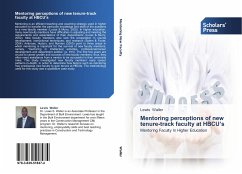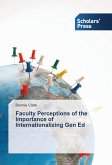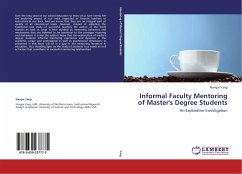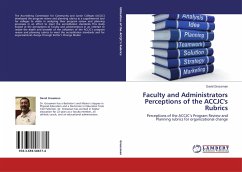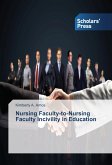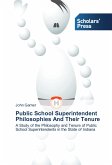Mentoring is an efficient teaching and coaching strategy used in higher education to transfer the particular knowledge and skills of the academy to a new faculty member (Lucas & Murry, 2002). In higher education, many new faculty members have difficulties in adjusting and meeting the requirements and expectations of their departments (Lucas & Murry, 2002). New faculty members also lack the preparation in course development, instructional techniques, and research (Solem & Foote, 2004). Ambrose, Huston, and Norman (2005) point to three areas in which mentoring is important for the survival of new faculty members, namely, mentoring in intellectual activities, professional/career development and department politics (p. 815). The first few years are crucial to career growth and success of new faculty members; thus, they often need assistance from a mentor to be successful in their university roles. This study investigated new faculty members early career patterns in-depth, in order todetermine how factors such as mentoring may predispose new faculty to gain tenure at HBCUs. The methodology used for this study was a qualitative case study.
Bitte wählen Sie Ihr Anliegen aus.
Rechnungen
Retourenschein anfordern
Bestellstatus
Storno

